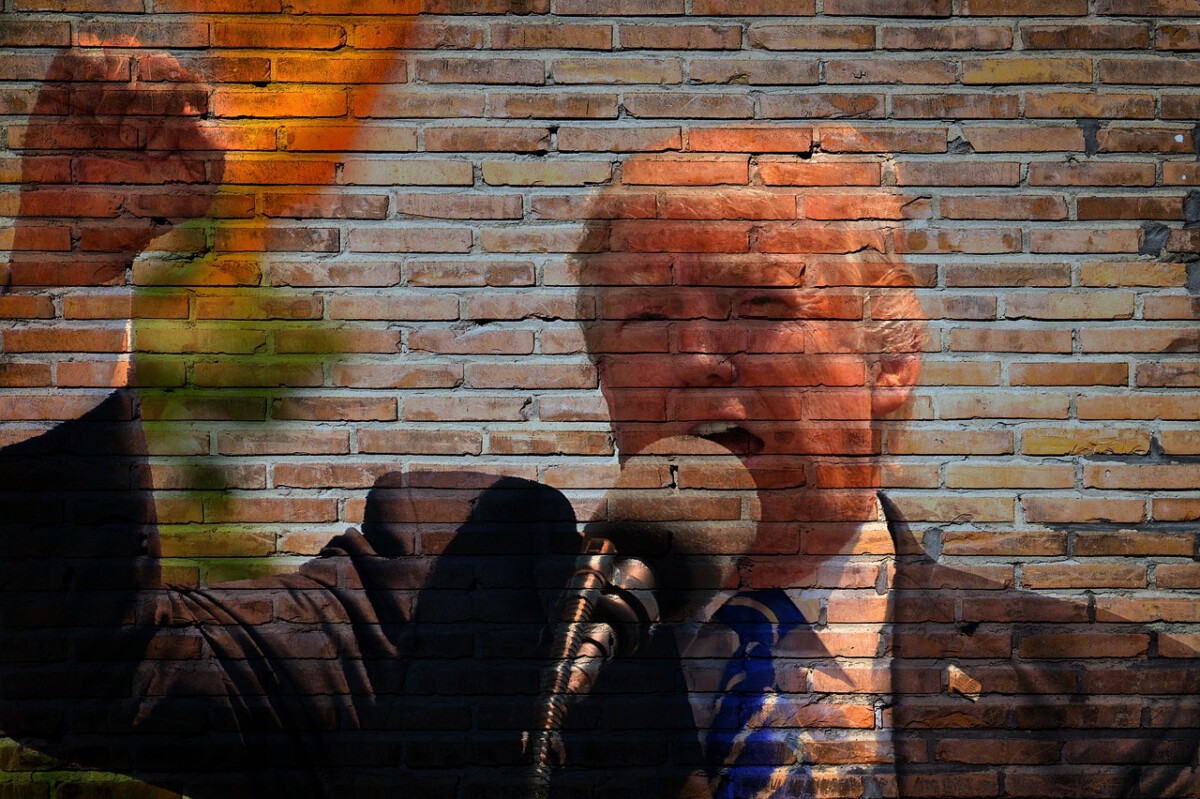Understanding AI-Generated Influencers

In the ever-evolving landscape of digital marketing, AI-generated influencers have emerged as a groundbreaking innovation. These influencers are not human but rather digital characters created using sophisticated algorithms and machine learning. Think of them as the digital offspring of technology and creativity, designed to engage audiences on social media platforms. They are capable of promoting brands and products in unique ways that traditional influencers might find challenging. As brands in the US increasingly adopt these virtual personas, the shift in brand marketing strategies is becoming palpable, setting the stage for a new era in advertising.
The Rise of Virtual Influencers

Virtual influencers are more than just a passing fad; they signify a transformative shift in marketing dynamics. Unlike human influencers, these AI-generated personas can be meticulously programmed to embody specific traits and values. This level of customization allows brands to ensure that their messaging is consistently aligned with their marketing objectives. Imagine a world where every influencer perfectly matches the brand ethos, without the unpredictability that comes with human influencers. This is the promise of AI-generated influencers, offering brands a powerful tool to connect with their target audiences seamlessly.
– **Customization**: Tailor-made personas that fit brand narratives perfectly.
– **Predictability**: Virtual influencers eliminate the risk of unexpected controversies.
Redefining Brand Marketing Strategies

The incorporation of AI-generated influencers into marketing strategies has led to several noteworthy changes. Firstly, there is the aspect of cost-effectiveness. Working with human influencers, especially those with a massive following, can be a costly endeavor. AI influencers provide an economical alternative, offering similar reach and engagement without the hefty price tag. Additionally, these digital personas provide real-time analytics, enabling brands to make data-driven decisions. This analytical prowess allows companies to fine-tune their marketing efforts based on audience behavior and preferences, leading to more effective campaigns.
Successful AI Influencer Campaigns

Several brands have successfully harnessed the potential of AI-generated influencers in their campaigns. Take Lil Miquela, for instance, a virtual influencer who has captivated millions on Instagram. Her collaborations with big names like Calvin Klein and Prada showcase the immense potential of AI influencers in enhancing brand visibility. Similarly, Shudu, hailed as the world’s first digital supermodel, has collaborated with various brands to reach diverse audiences. These case studies highlight the versatility and effectiveness of virtual influencers in driving brand marketing success.
Consumer Attitudes Towards AI Influencers

While AI-generated influencers offer distinct advantages, their effectiveness hinges on consumer perception. Some consumers remain skeptical about the authenticity of these digital personas, questioning their ability to forge genuine connections. However, as more people become accustomed to virtual interactions, a significant portion of the audience is open to engaging with AI-generated influencers. This acceptance is often contingent on the alignment of these influencers with brand values and aesthetics, underscoring the importance of strategic design and messaging.
The Future Trajectory of AI-Generated Influencers

As technology advances, the potential for AI-generated influencers continues to grow. Future developments may see brands investing in even more sophisticated virtual personas capable of adapting to evolving consumer preferences. The integration of augmented reality (AR) and virtual reality (VR) could further enhance the interactive experience, creating immersive engagements that captivate audiences. The future of AI influencers is promising, with endless possibilities for innovation in digital marketing.
Ethical Dimensions of AI Marketing

The rise of AI-generated influencers also brings ethical considerations to the forefront. Brands must navigate issues of transparency and authenticity in their marketing efforts. It’s crucial for companies to disclose the use of AI influencers to maintain consumer trust. Additionally, diversity and representation should be at the core of creating these virtual personas, ensuring inclusivity and avoiding stereotypes. Addressing these ethical concerns is vital for the sustainable integration of AI influencers in brand marketing.
AI Influencers and Brand Engagement

AI-generated influencers offer brands a new avenue for engaging with their audiences. These digital personas can interact with consumers around the clock, offering consistent and personalized experiences. Unlike human influencers, who have limitations on time and availability, AI influencers provide brands with continuous engagement opportunities. This constant presence allows companies to maintain a steady flow of communication with their audiences, fostering stronger brand loyalty and connection.
The Role of AI in Personalizing Marketing

One of the significant advantages of AI-generated influencers is their ability to personalize marketing efforts. Brands can utilize data-driven insights to tailor content and messaging to individual preferences. This level of personalization enhances the consumer experience, making interactions with AI influencers more relevant and engaging. By leveraging the power of AI, brands can create marketing campaigns that resonate deeply with their target audiences, driving higher levels of engagement and conversion.
The Digital Transformation of Brand Marketing

The emergence of AI-generated influencers marks a pivotal moment in the digital transformation of brand marketing. As brands continue to explore the potential of these virtual personas, the marketing landscape in the US is undergoing a profound evolution. AI influencers offer a blend of creativity, technology, and data-driven insights, providing brands with new ways to connect with their audiences. This digital transformation presents both opportunities and challenges, but one thing is clear: the future of brand marketing is here, and it is powered by AI.







